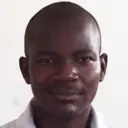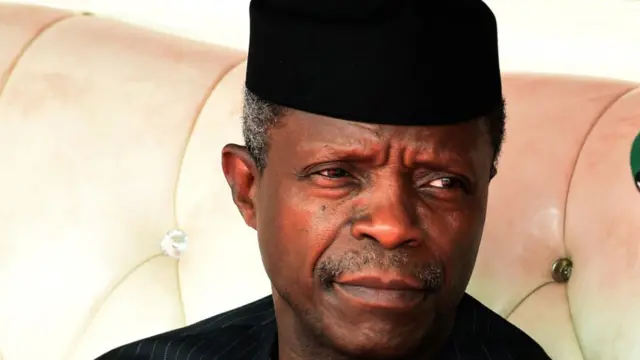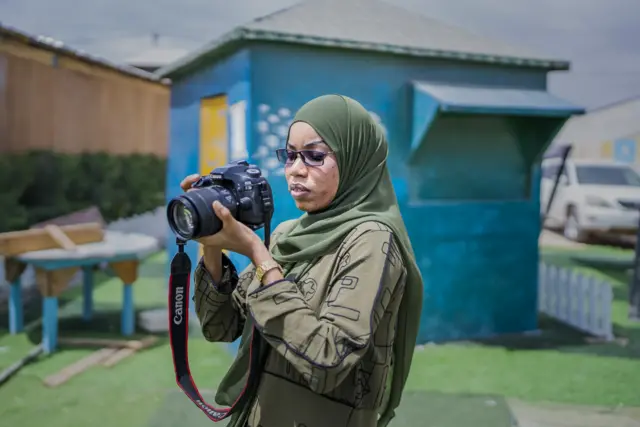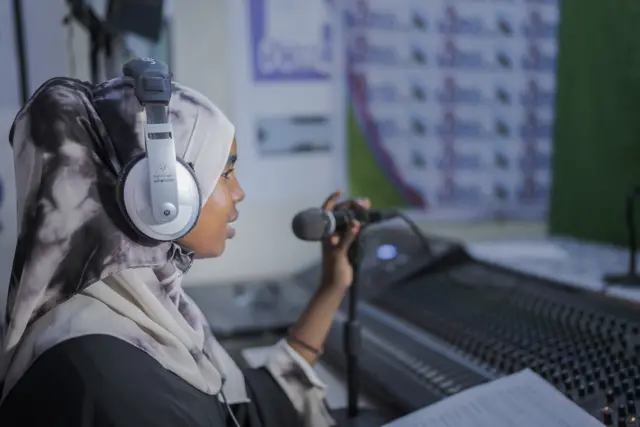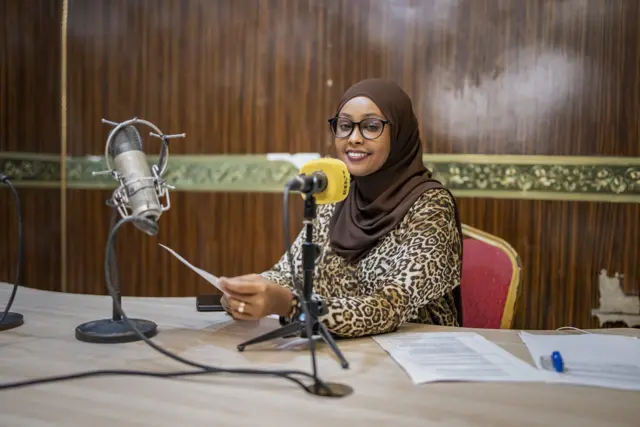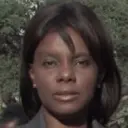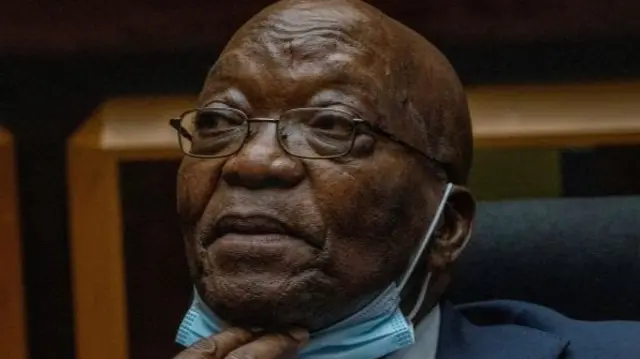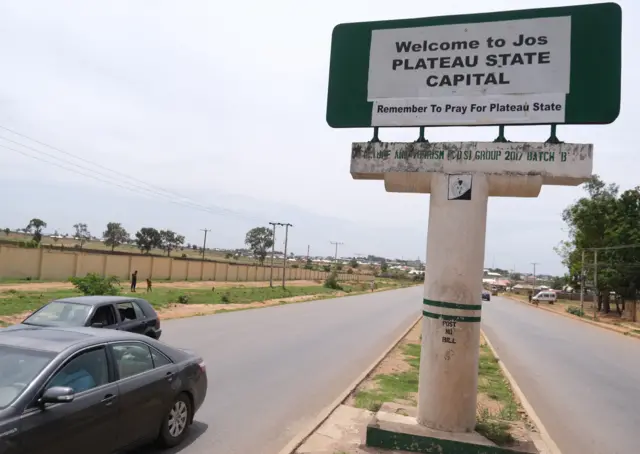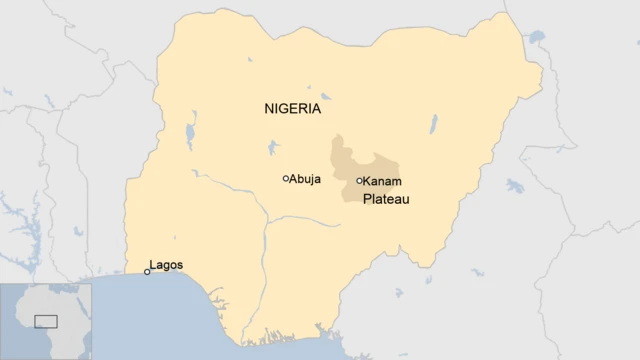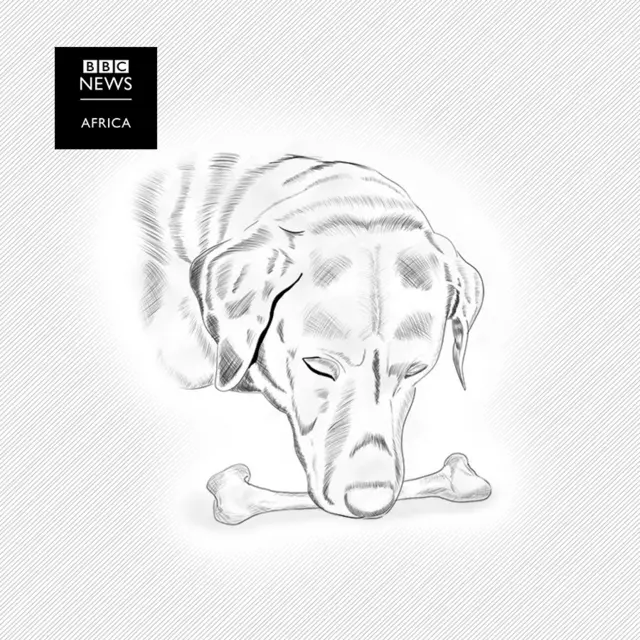Fears of worsening Ethiopia war amid Oromia fightingpublished at 08:56 BST 11 April 2022
Kalkidan Yibeltal
BBC News
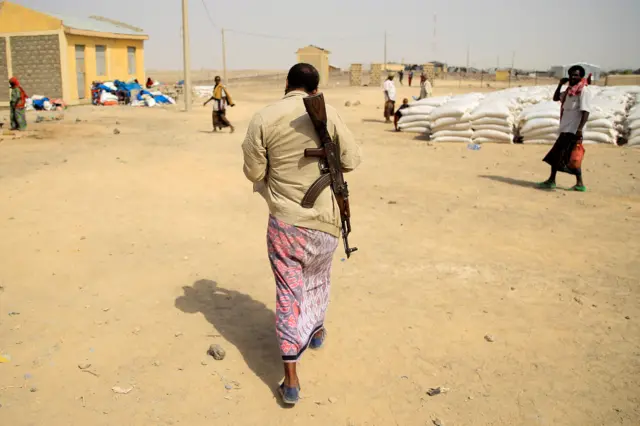 Image source, Reuters
Image source, ReutersAn escalation in fighting in the south is feared could further deepen the crisis in Ethiopia
Continued fighting in Ethiopia’s most populous region, Oromia, between government forces and the rebel Oromo Liberation Army (OLA) is raising concerns of worsening insecurity in the south.
The authorities in Oromia say they have launched a month-long offensive against OLA, but the rebel group says it is winning battles.
OLA’s spokesperson Odaa Tarbii tweeted that security forces from neighbouring Somali region have been deployed in Oromia to provide support in the fighting.
But speaking to the BBC, Abfikadr Rashid, a senior Somali regional official, dismissed the allegation but said forces from his region could enter Oromia if they were invited.
There are fears that an escalation in fighting in the south could deepen the political and humanitarian crises that the country is facing.
In northern Ethiopia, a 17-month civil war has unleashed a massive humanitarian crisis in which thousands have been killed and millions left in need of aid.
A humanitarian truce agreed between Tigrayan forces and the government last month was seen as an important step towards ending the civil war in the north.
But the amount of assistance getting through to Tigray is not nearly enough to meet the needs in the region, amid accusations that aid is being blocked.
